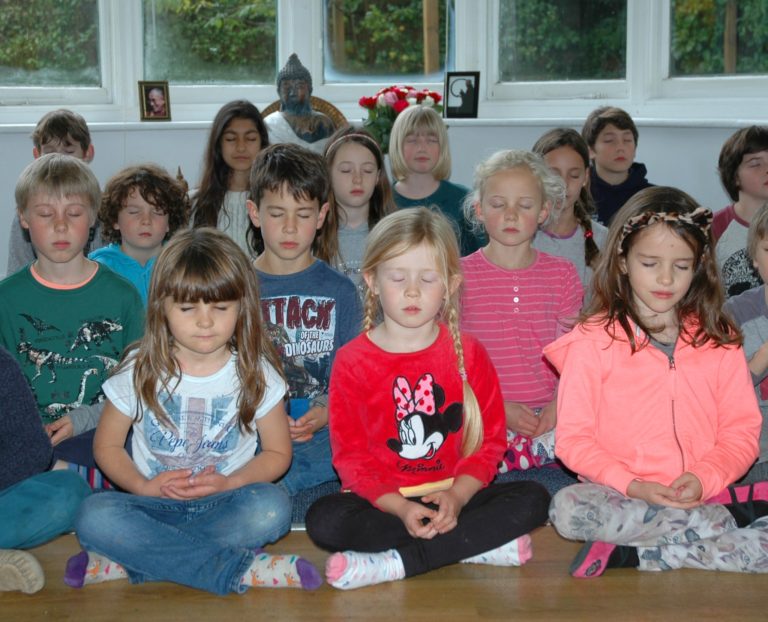Schools have been implemented across the world, but education is not coming yet. Merely setting up a building where children should attend regularly does not provide an environment conducive to learning. High quality education is only possible when all the stakeholders involved come together to enable it, and the right support is provided to them. This time, we will talk about teachers and teacher leaders (principals or head masters).
We were in Chennai, India, discussing the situation of Indian public schools and low-income private schools with Regila Marinus, who runs the NGO Vidhya Vidhai with her husband also the Co-founder Mr. Ram Prakash (“seed for education” in Tamil, the language of the region). She told us about the lack of preparation of teachers in their most basic skills: teaching. They would know the subjecsts but being less confident about planning and managing the class, understanding students or how to actually teach the content rather than simply memorizing it. This is not aided by the fact that teaching is considered a low-value job in India. All of this results in an acute lack of motivation.

But how to motivate teachers? We asked Regila and she quickly explained us four strategies:
- Help them to find their purpose. By asking the students why the teachers are important, teachers realise how impactful their work is and build stronger connections with the students that they work for. When you hear from a twelve-year old that the way you explain a subject is making them consider a career in that direction, you know that you should care about every class you teach. Besides, this also provides evidence for the head master of the school to appreciate the work of teachers.
- Build teams of teachers. If one of the challenges is planning the classes, how about transforming it into a team activity? This way teachers can learn from each other and motivate each other to make the best of their classes.
- Learn about feedback. Teamwork requires a set of skills to be successful and one of the key ones is to give and receive feedback. Understanding that feedback is a path to self-development (receive) and making a gift to colleagues (give) can help us to work better together. It also provides a platform for interactions between the teachers and the head master, who sometimes feels that their authority cannot be questioned.
- Be proud of your achievements. Vidhya Vidhai organises a conference for teachers where they can showcase their best practices and being proud of their efforts to make schools a better place for education. It is an opportunity to show appreciation for fellow teachers and give a boost of optimism and encouragement to their work.
This may seem as an standardise process, but each school is different, as it is based on the people that make it possible. Hence Regila works with schools along a process to first assess the situation of the school, interviewing teachers, students and parents; second designing an action plan for a sustainable improvement of the standards; third is the implementation which may take two years to fully embed it; and finally reinforcing a mindset of continuous improvement and self-improvement to make sure that quality never drops.
She has already working in eleven schools and is partnering with other organisations such as Edumentum and Mantra4Change to scale up school transformation across Tamil Nadu, a region in South India that provides education to 12.855.485 children.



